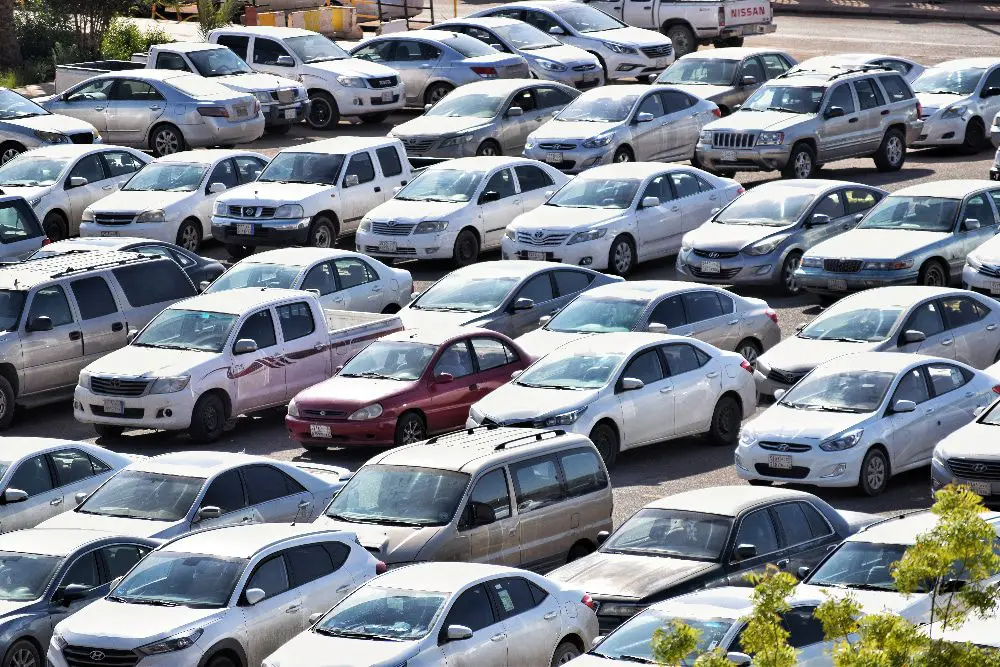MEPs back CO2 emission standards for cars and vans
The Committee on the Environment, Public Health and Food Safety (ENVI) adopted on Wednesday, with 46 votes in favour, 40 against and two abstentions, its position on proposed rules to revise the CO2 emission performance standards for new cars and vans in line with the EU’s increased climate ambition.
In the report, MEPs expressed their support for the Commission proposal to reach zero-emission road mobility by 2035.
Proposed measures include:
– removing the incentive mechanism for zero- and low-emission vehicles (‘ZLEV’), as it no longer serves its original purpose;
– a report by the Commission on the progress towards zero-emission road mobility by the end of 2025 and on a yearly basis thereafter, covering the impact on consumers and employment, the level of renewable energy use as well as information on the market for second-hand vehicles;
– gradually reducing the cap for eco-innovation, in line with the proposed stricter targets (the existing 7g CO2/km limit should remain until 2024, followed by 5g from 2025, 4g from 2027 and 2g until the end of 2034);
– a report by the Commission, by the end of 2023, detailing the need for targeted funding to ensure a just transition in the automotive sector, to mitigate negative employment and other economic impacts;
– a common EU methodology by the Commission, by 2023, for assessing the full life cycle of CO2 emissions of cars and vans placed on the EU market, as well as for the fuels and energy consumed by these vehicles.
Quote
Rapporteur Jan Huitema (Renew, NL) said: “This regulation encourages the production of zero- and low-emission vehicles. With CO2 standards, we create clarity for the car industry and stimulate innovation and investments for car manufacturers. In addition, purchasing and driving zero-emission cars will become cheaper for consumers. This is especially important now that the prices of diesel and petrol continue to rise. This regulation makes sustainable driving accessible to everyone!”
Next steps
The report is scheduled to be adopted during the June plenary sitting and will constitute Parliament’s negotiating position with EU governments on the final shape of the legislation.
Background
On 14 July 2021, as part of the ‘Fit for 55’ package, the Commission presented a legislative proposal for a revision of the CO2 emission performance standards for passenger cars and light commercial vehicles. The proposal aims to contribute to the EU 2030 and 2050 climate objectives, to deliver benefits to citizens by deploying zero-emission vehicles more broadly (better air quality, energy savings and lower cost for owning a vehicle), as well as to stimulate innovation in zero-emission technologies.






